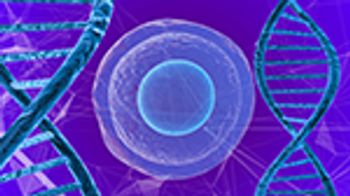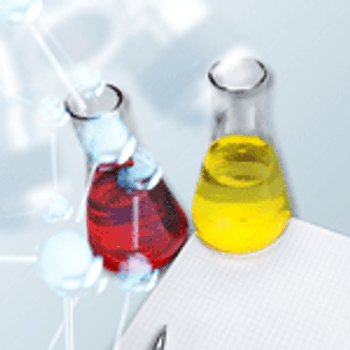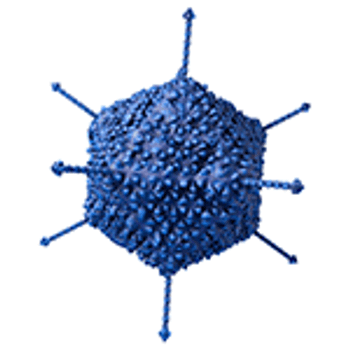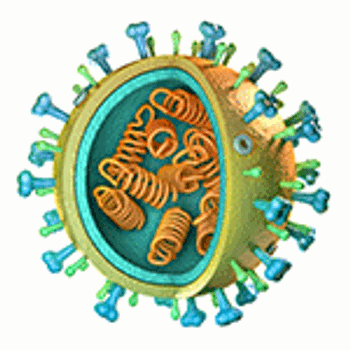
Vein-to-vein programs are focusing on data access and traceability.

Vein-to-vein programs are focusing on data access and traceability.

Bio/pharma researchers mobilize to diagnose and treat patients in pandemic threat.

Data management is crucial in bio/pharmaceutical laboratory settings from discovery steps through clinical studies and varies based on the development phase.

Analytical solutions are improving for raw material testing, process development, drug product release, and more.

The commercialization of cell therapies is still at its infancy, but industry is facing an exciting period of development as the sector is expected to grow exponentially.

Biologics raise unique formulation and development challenges, and industry is still on a learning curve to get the best out of these diverse and complex therapies.

Complex protein structures pose analytical challenges that can be addressed by advanced mass spectrometry technologies and workflows, which can be used to comprehensively characterize them.

The trend toward personalized medicines includes more complex manufacturing cycles that can benefit from advanced process modeling early on in the therapeutics’ development.

The production of viral vectors for use in gene therapy benefits from being able to use similar cell-culture processes as mAbs, but it faces limitations under current cell-culture technologies.

Developers need to transcend the limits of existing separation technologies, to maximize vector recovery while preserving therapeutic potency.

Increased reliance on foreign producers raises concerns and spurs collaborations.

Click the title above to open the BioPharm International February 2020 issue in an interactive PDF format.

ICH will be taking industry comments under consideration when it revises its Q9 guideline in order to clarify QRM requirements, says Susan J. Schniepp, executive vice-president of post-approval pharma and distinguished fellow, Regulatory Compliance Associates.